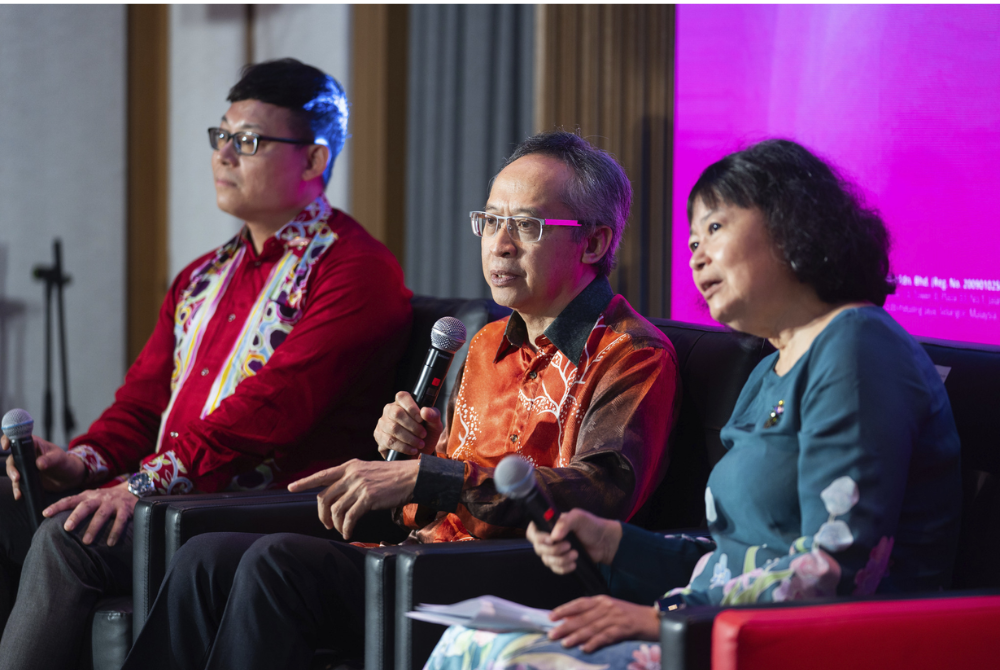Dengue burden in Malaysia, new vaccine brings hope
Dengue cases have increased significantly, with 123,133 cases reported in 2023—marking an 86.3 per cent rise compared to the previous year.

Over the past two decades, the global incidence of dengue cases has increased and is now affecting approximately 129 countries, posing a significant global threat.
According to the World Health Organization (WHO), the number of cases has risen from 500,000 in 2000 to 5.2 million in 2019 with Asia accounting for 70 per cent of the burden.
In Malaysia, dengue cases have increased significantly, with 123,133 cases reported in 2023—marking an 86.3 per cent rise compared to the previous year.
Dengue-related deaths also increased by 78.6 per cent, with the highest concentration of cases in Selangor.
In the first quarter of 2024, there were 41,565 reported cases and 28 deaths attributed to dengue fever complications, showing a rise compared to the same period in 2023.
Public healthcare experts are hopeful that dengue vaccination programmes, implemented strategically, could help to relieve the burden of dengue, which affects every level of society.
The burden on individuals is also significant – it can impact entire households, threaten livelihoods, and cause lingering illness, among others.
Furthermore, the second infection is associated with a higher risk for severe dengue, which can lead to hospitalisation, organ damage and death.
Elaborating further, Dengue Prevention Advocacy Malaysia (DPAM) Chairman, Consultant Paediatrician and Paediatric Cardiologist Professor Datuk Dr Zulkifli Ismail said dengue cases continue to rise despite intensive efforts to mitigate its impact.
"Dengue weighs heavily and despite intensive efforts to mitigate its impact, cases continue to climb, along with the cost of vector control, productivity loss and consumption of healthcare resources.
"To effectively fight dengue, we need everyone on board. This means bringing together government, private sector, academic institutions, and community in a unified effort to combat the threat.
"Vaccination will be an additional armamentarium that will complement the current efforts in controlling the disease," he said.
To combat the disease, Takeda Malaysia today launched the Dengue Tetravalent Vaccine, Qdenga indicated for the prevention of dengue disease caused by all four dengue virus serotypes.
The vaccine was approved by The Drug Control Authority (DCA) Malaysia based on extensive data demonstrating its efficacy, safety, and quality.
It requires two doses at a three-month gap and can be administered to those aged four and above.
Takeda Malaysia and Singapore Country General Manager Dr Lynette Moey said effective dengue prevention requires a multi-faceted approach.
Currently, Qdenga has been approved in more than 30 countries, including the European Union, the United Kingdom, Brazil, Argentina, Indonesia, Thailand, Vietnam, and Malaysia. Malaysians can now consult with their doctors and healthcare professionals in private hospitals and clinics to learn more about the vaccine for dengue prevention and protection.











